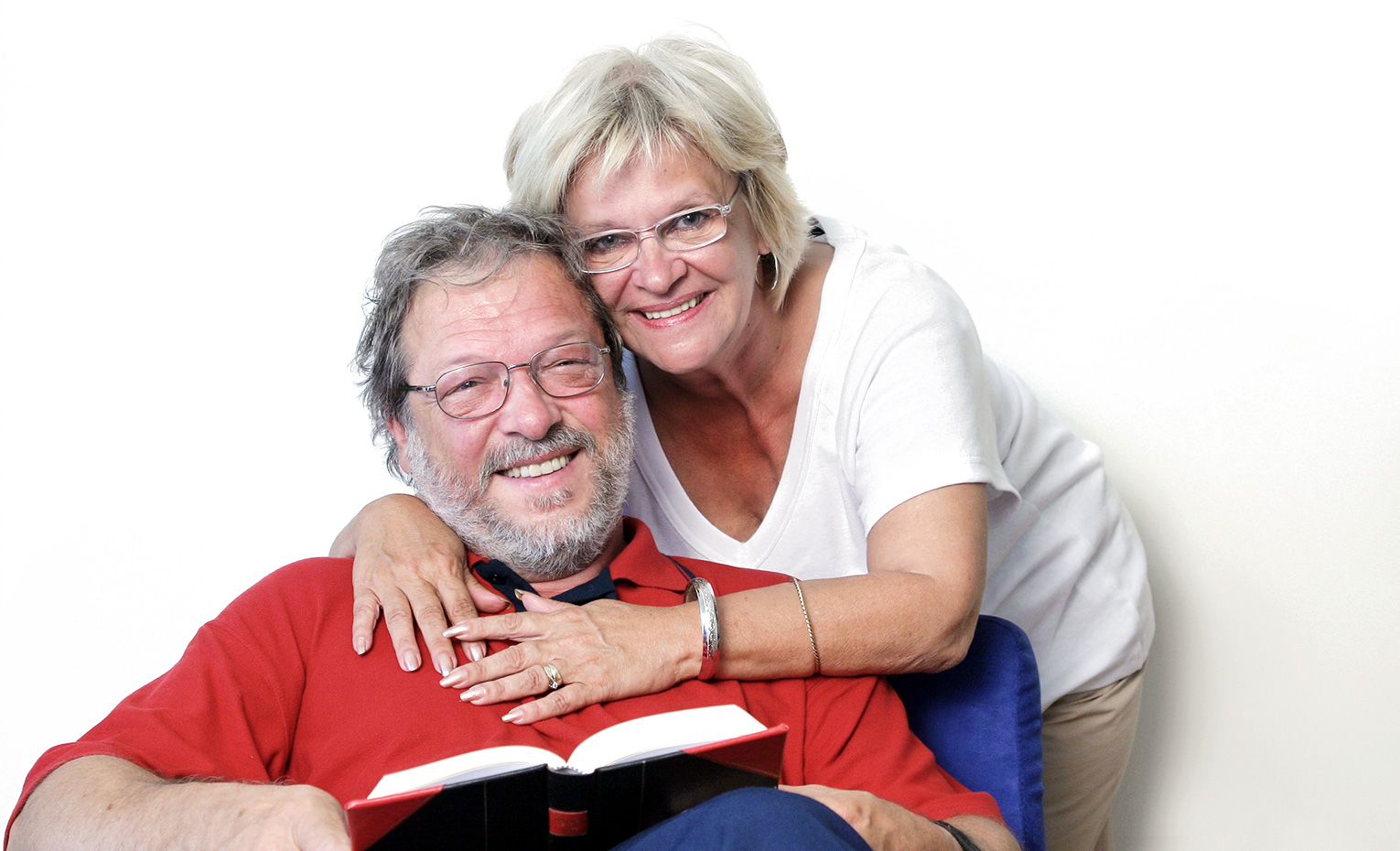Since 2013 we have been using a Cyberknife M6™system
The Cyberknife method has already been well approved for the treatment of specific tumors in the brain and other locations and has been applied to more than 100,000 tumor patients worldwide. The Cyberknife system allows a painless, outpatient "surgery" of a schwannoma.
There are no complications of fixation, anesthesia or open surgery. An inpatient hospital stay is not required. Likewise, no follow-up treatment or rehabilitation needs to be performed.
The various therapeutic approaches for the treatment of schwannoma are:
- microsurgical tumor removal
- radiosurgery (Cyberknife)
- conventional radiation therapy
- follow up with regular magnetic resonance imaging study
The outpatient Cyberknife treatment of a schwannoma does not restrict the patients’ daily routine. In most cases usual activities can be pursued the day after treatment. Planning Specialized physicians and medical physicists evaluate the imaging studies and transfer the image sets (CT, MRI) to a planning computer for Cyberknife treatment. The dosage and direction of the rays are computed for the treatment based on exact definition of the tumor and surrounding structures. Depending on the location and size of the lesion, this can take up to 24 hours.

The treatment day begins with the usual breakfast. Also, medications can be taken as normal. At the Munich Cyberknife Center the patient will be welcomed and prepared for the treatment by our medical and office team. In a comfortable reclining position (on request with your favorite music in the background) the patient stays in touch with our treatment team throughout the medical application by the use of different cameras and a microphone. The Cyberknife treatment is usually a one-time treatment; but it can be repeated if new treatable tumors occur in the future. It lasts - depending on the size - an average of about 30 minutes. The treatment can be stopped anytime to visit the toilet or drink something. Thereafter, the treatment is continued unchanged. After the treatment there is a closing meeting to discuss the medication and the intervals of the follow-up investigations. An inpatient hospital stay after the treatment is not required.
Regular clinical checks and imaging controls help to document the healing process. A first visit is provided – depending on the diagnosis – 3 to 6 months after treatment. As a rule, a new CT or MRI examination is required.
For more information, please download our patient brochure.